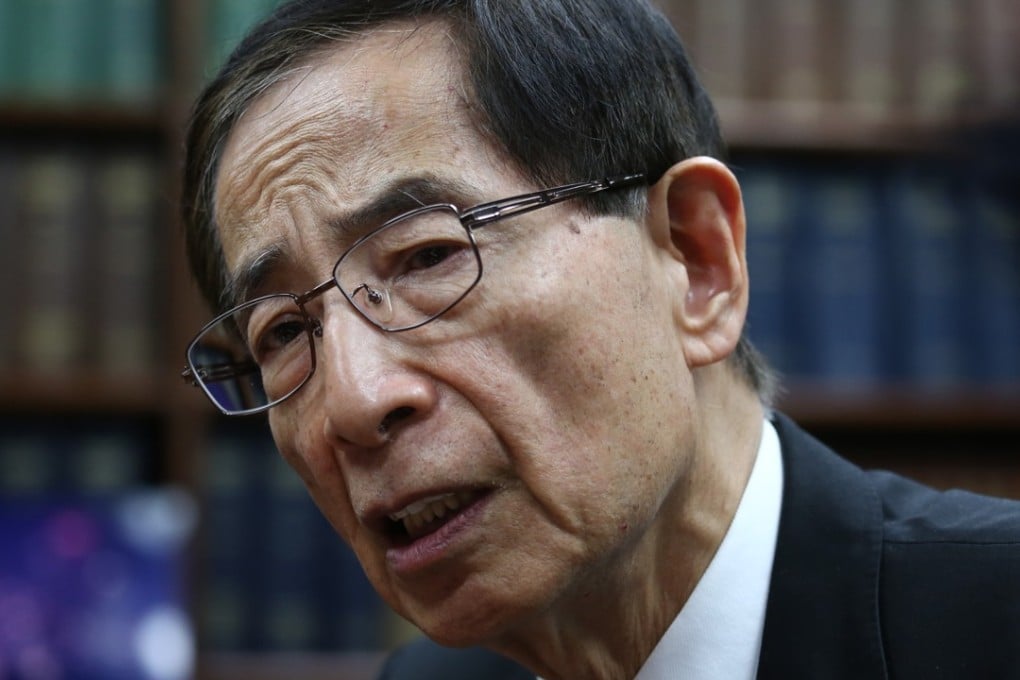Late chief negotiator for Hong Kong handover would have ‘jumped up and down’ in anger at basis of checkpoint plan
Pro-democracy heavyweight Martin Lee says people would have called him ‘crazy’ if he had suggested to Basic Law Drafting Committee that part of city could be exempt from mini-constitution

The legal basis of a joint checkpoint plan for a cross-border rail terminus in Hong Kong would have made a late Chinese chief negotiator in handover talks “jump up and down” in anger, a pro-democracy heavyweight who helped draft the city’s mini-constitution said on Tuesday.
Martin Lee Chu-ming insisted that the Basic Law must be applied to Hong Kong as a whole, and that no one on the drafting committee would ever have thought that any part of the city could be exempt.
“People would have called me crazy back then if I ever proposed such an idea … if I asked Lu Ping, he would be jumping up and down,” Lee said on a radio interview on Tuesday. Lu was the chief Chinese delegate during the 1980s negotiations with Britain over the transfer of Hong Kong’s sovereignty. He died in 2015.
Human rights lawyer ‘shocked’ by Hong Kong leader’s dismissal of legal community’s concerns on joint checkpoint plan
“[Hong Kong’s] ‘one country, two systems’ principle is meant to be applied in every corner, including your home and my home,” Lee said, referring to the model under which China governs Hong Kong, guaranteeing the city a high degree of autonomy.
Albert Chen Hung-yee said he believed the legal viewpoints used to justify the plan would stand up in Hong Kong’s courts.
The controversial arrangement stems from a HK$84.4 billion rail link that connects Hong Kong to Guangzhou, due to begin operations by September this year.
While Hong Kong is part of China, the city practises its own laws in its own jurisdiction, meaning everyone must pass through border clearance twice when they travel to the mainland. The proposed arrangement would allow train passengers to complete both sets of procedures under one roof, and officials have long argued it would be vital for the project.